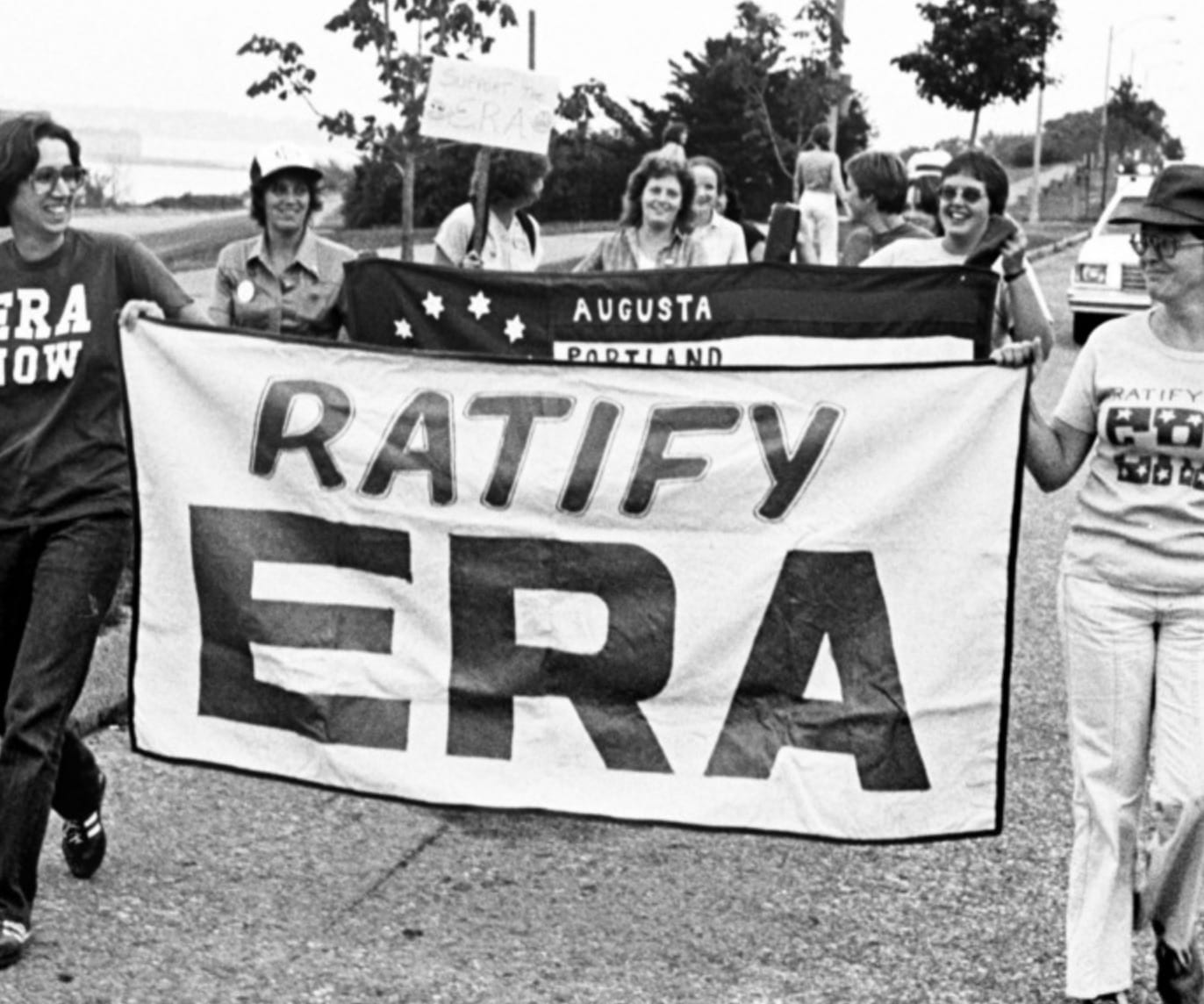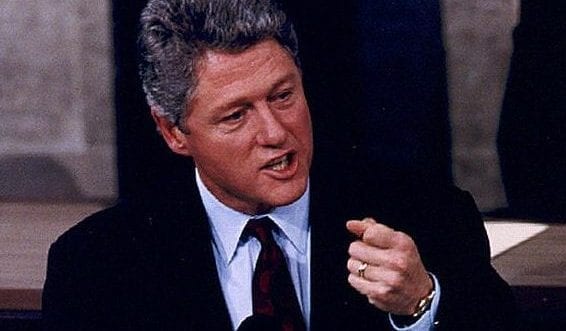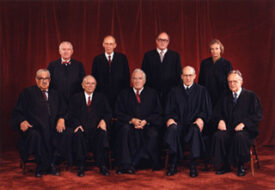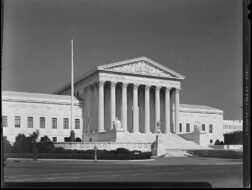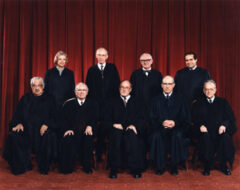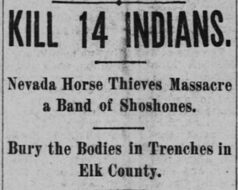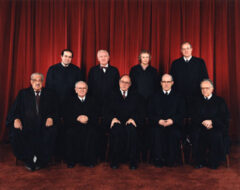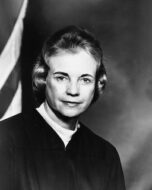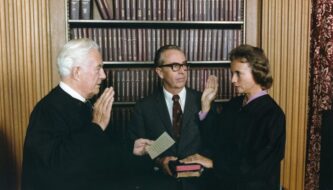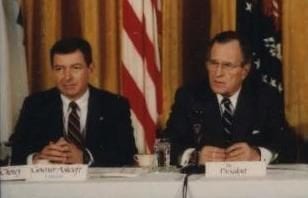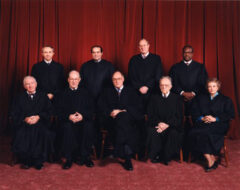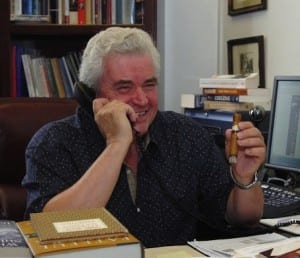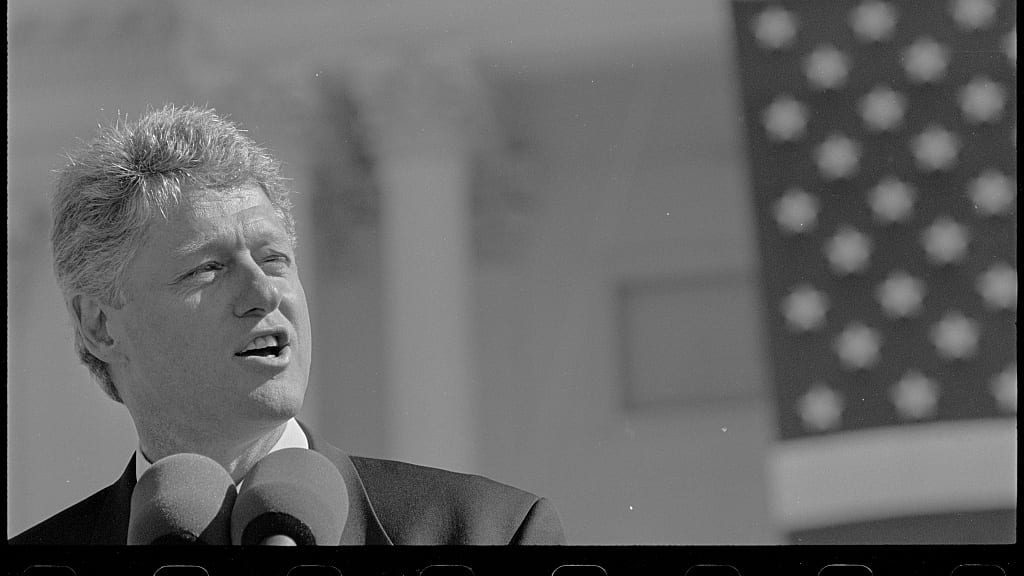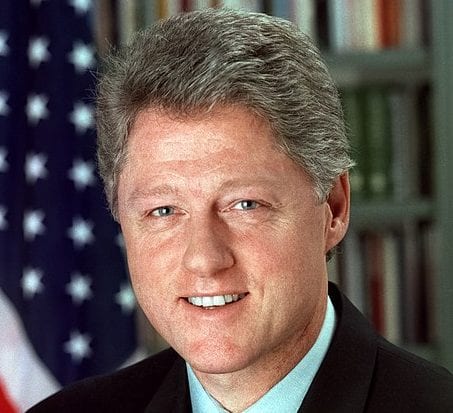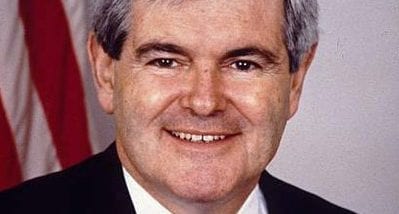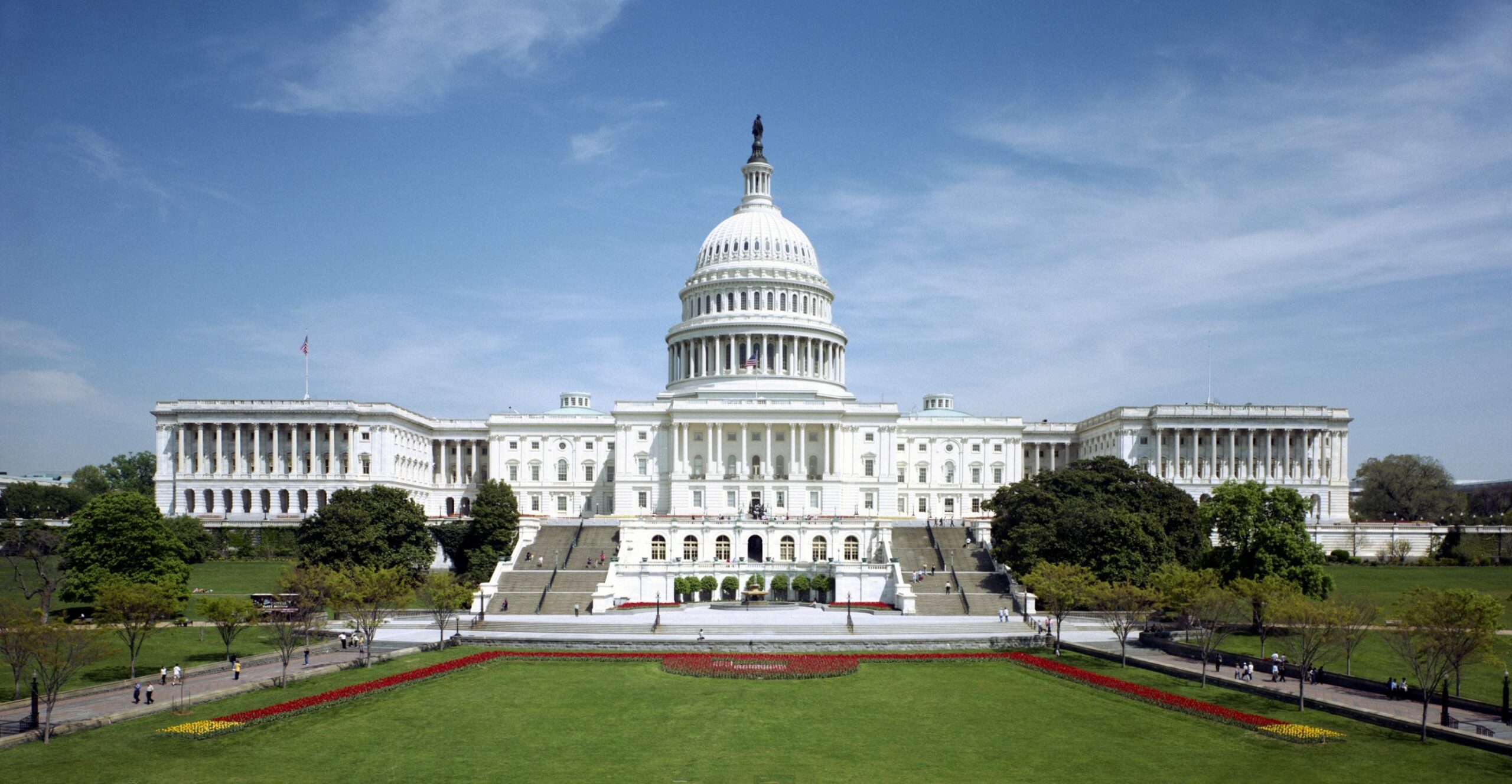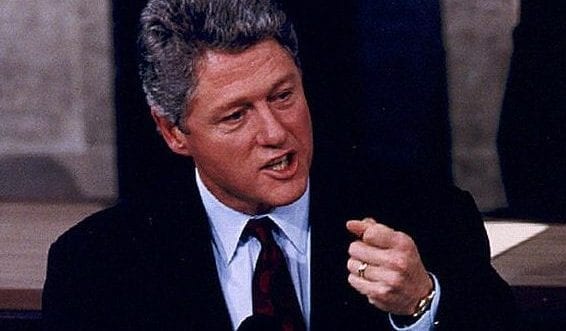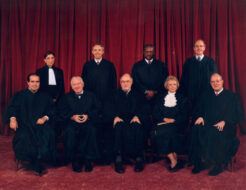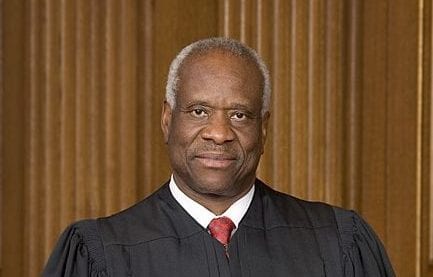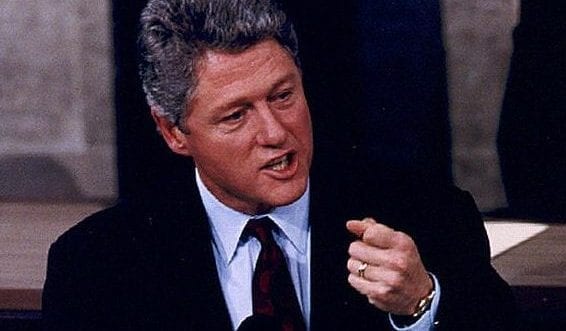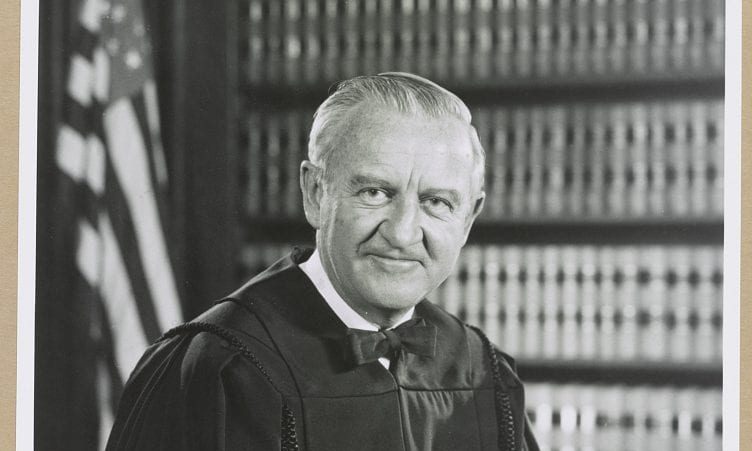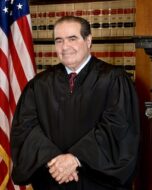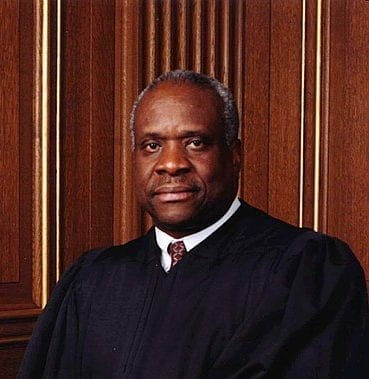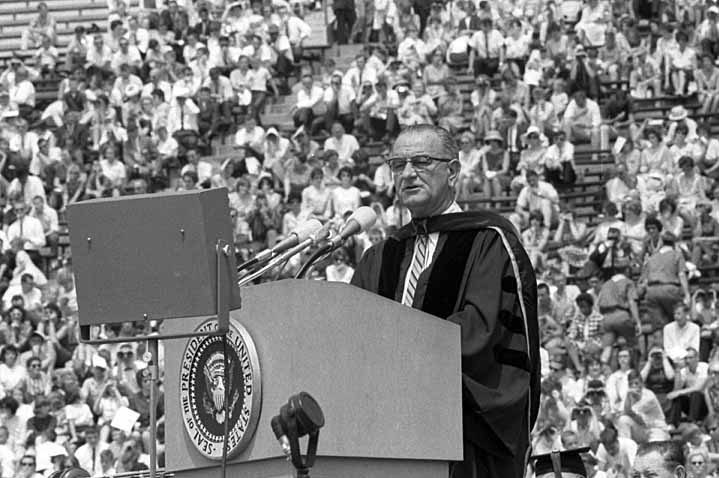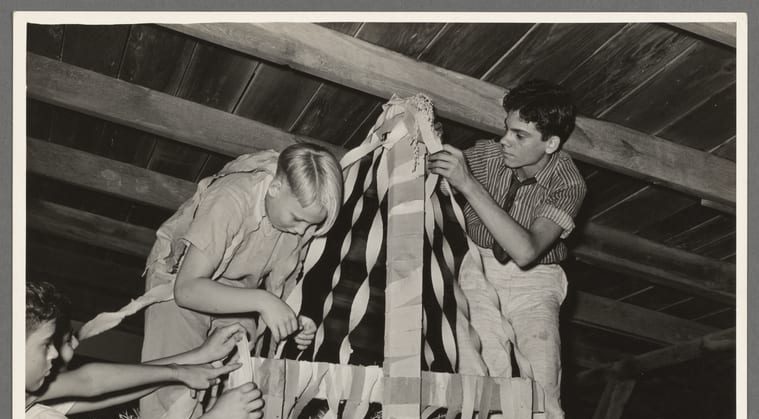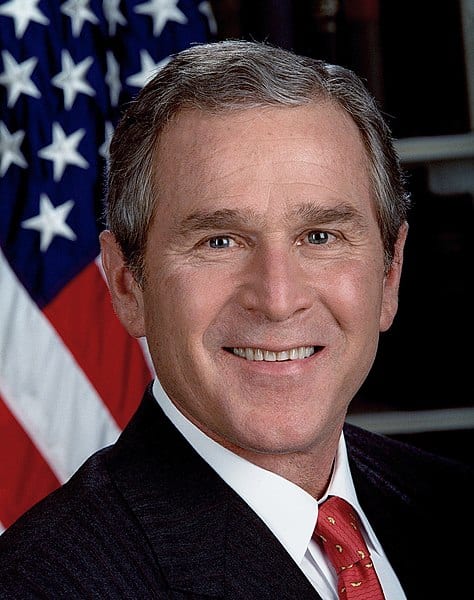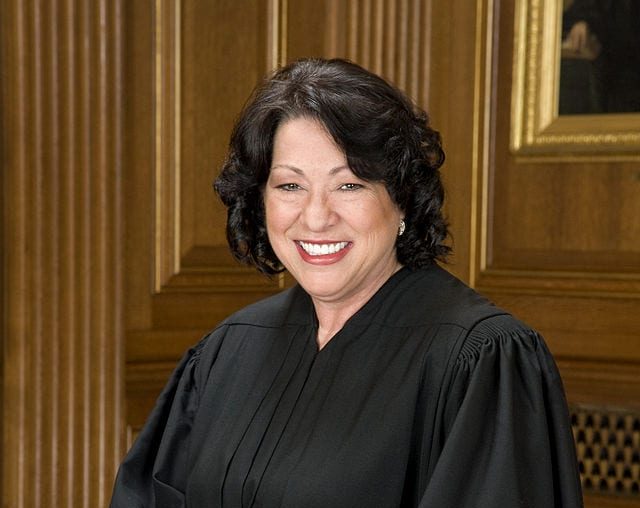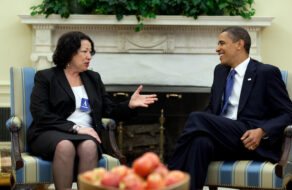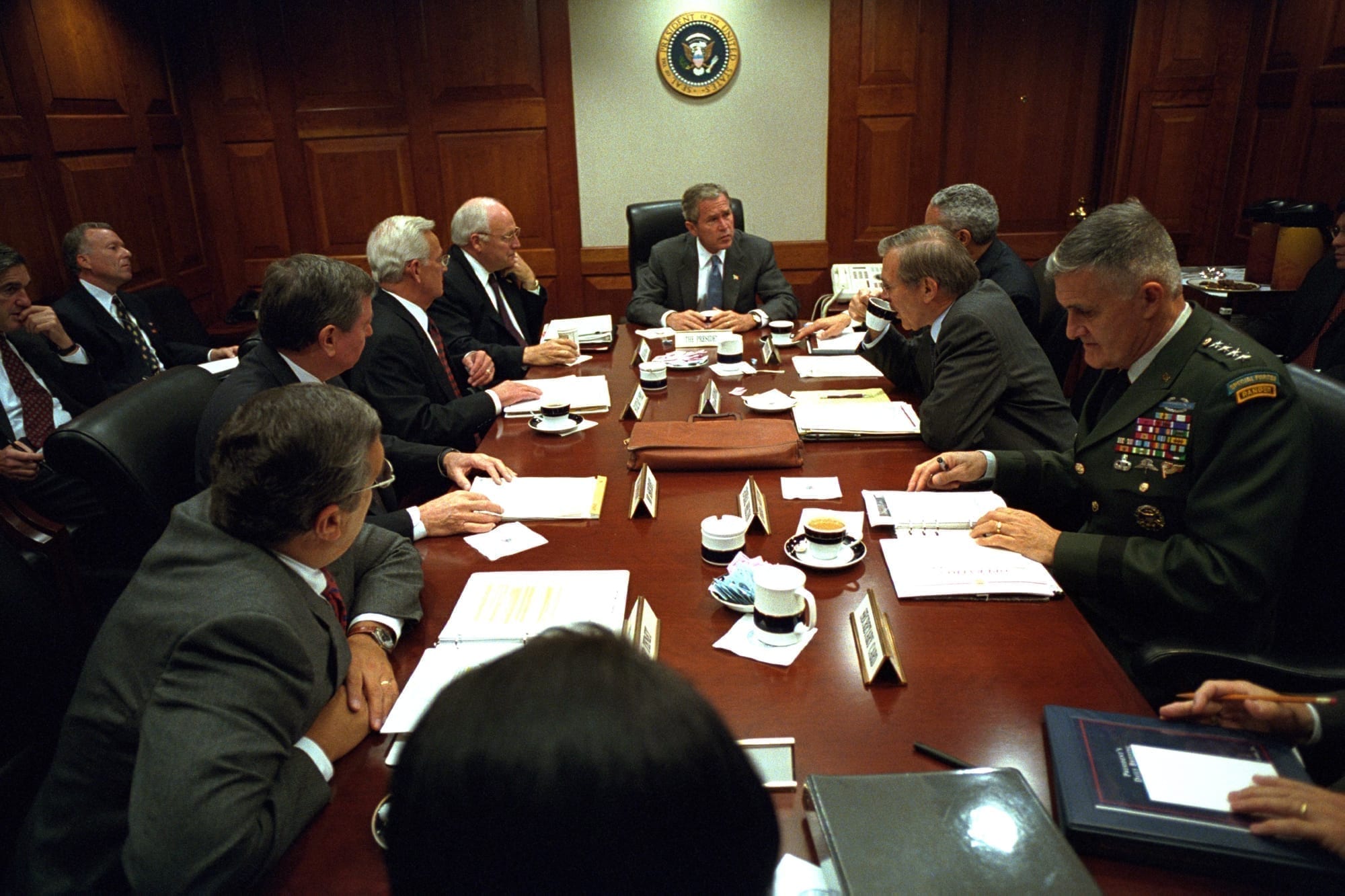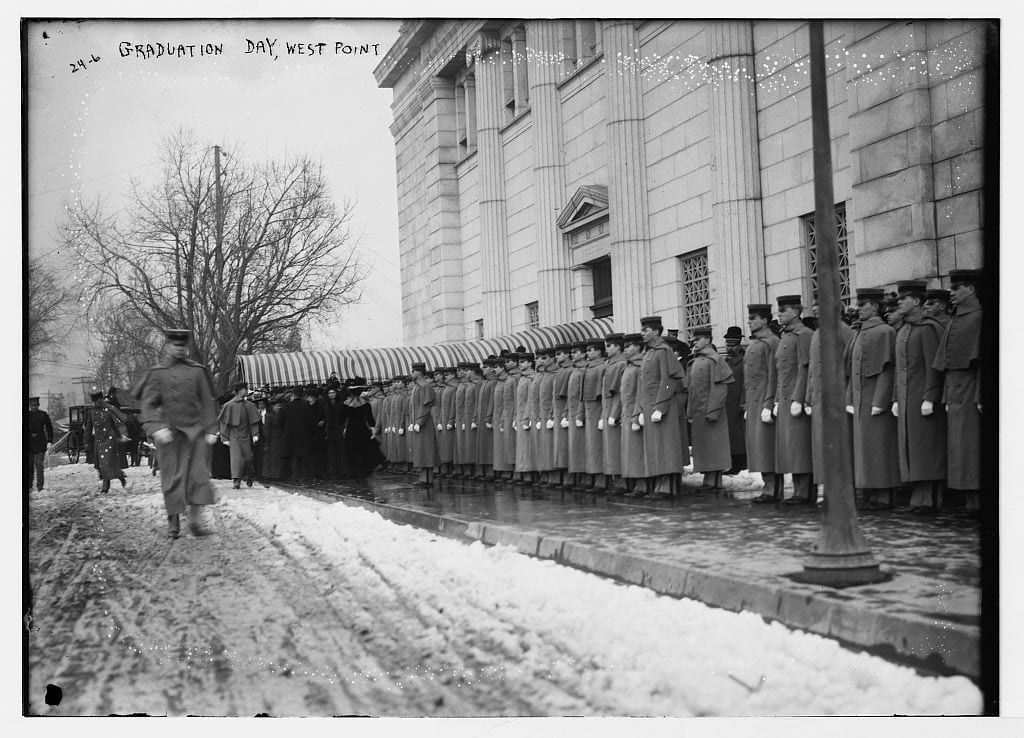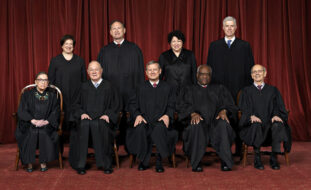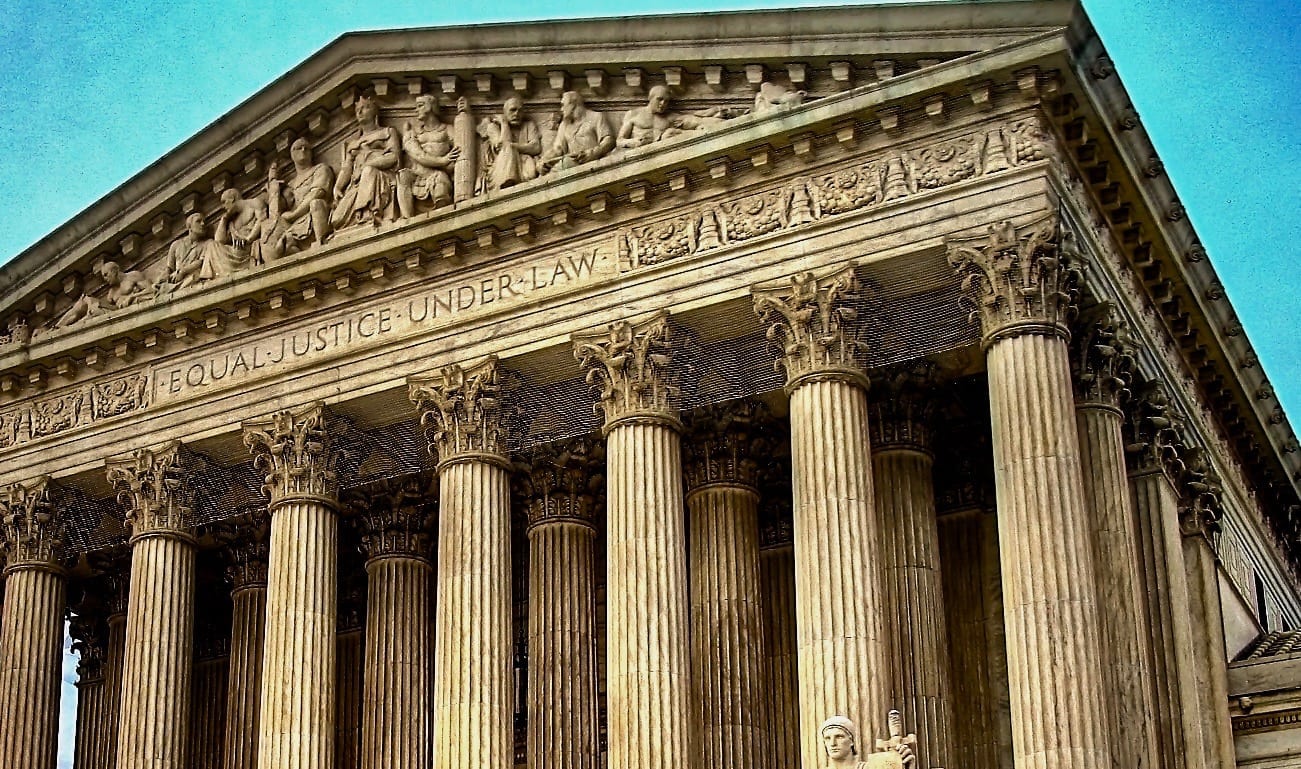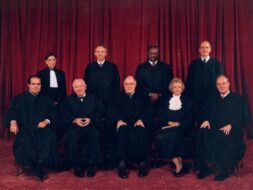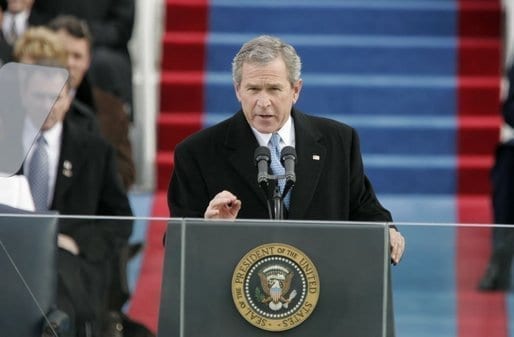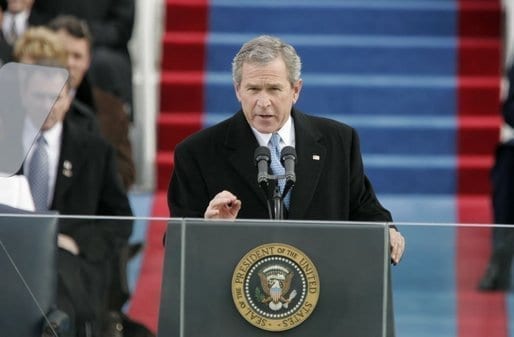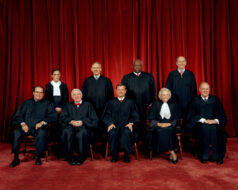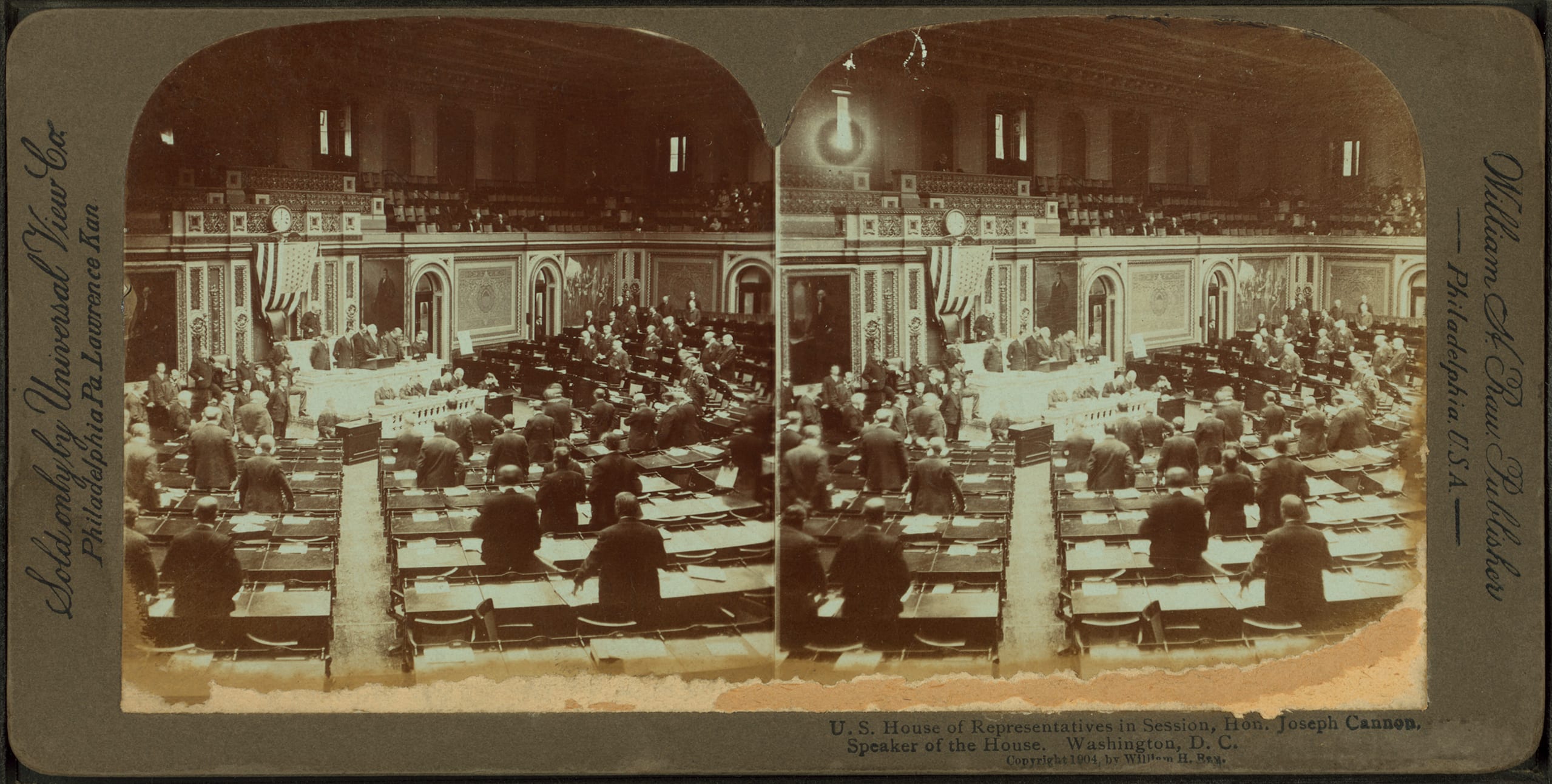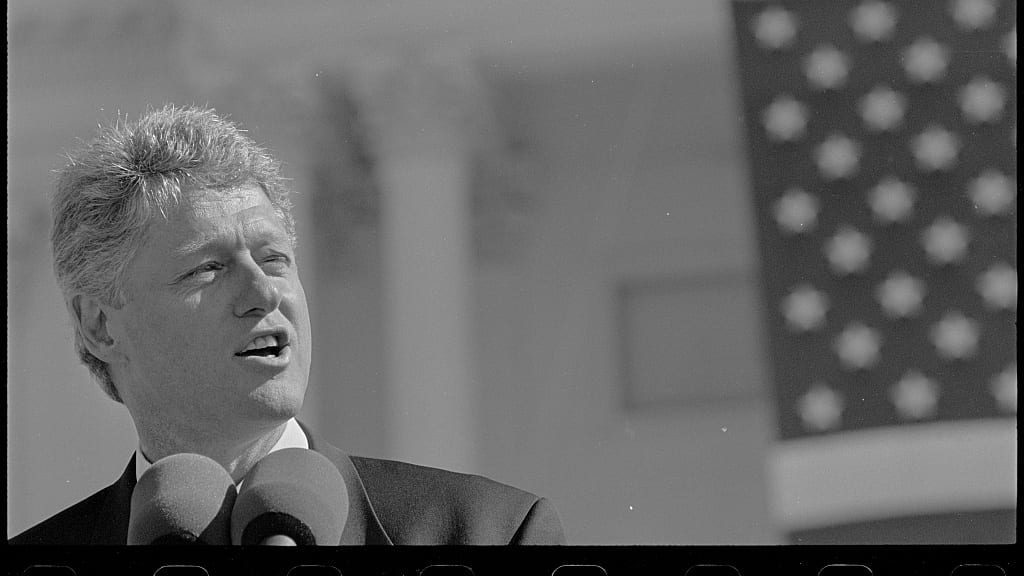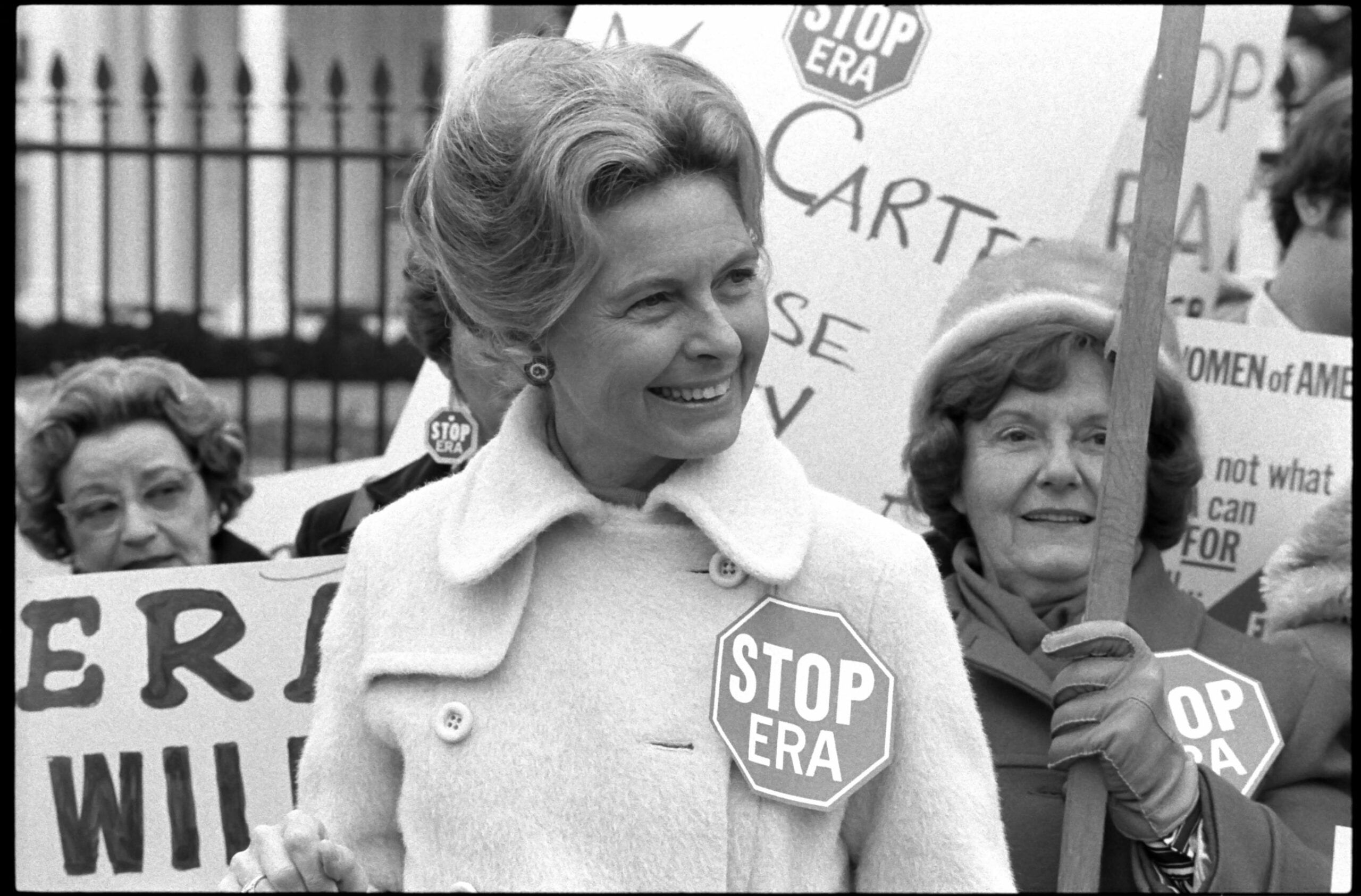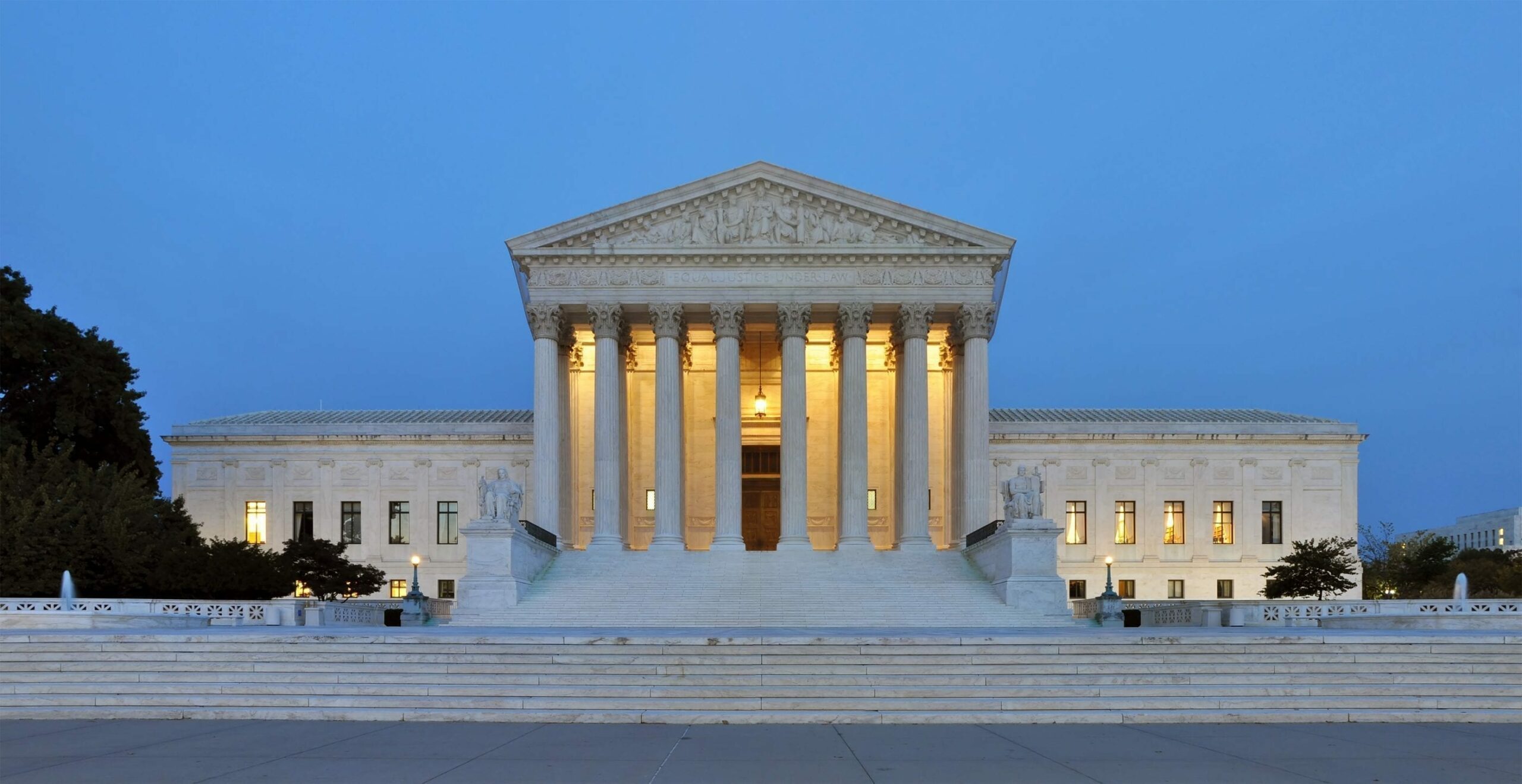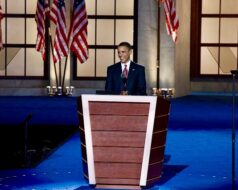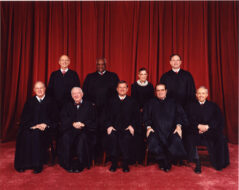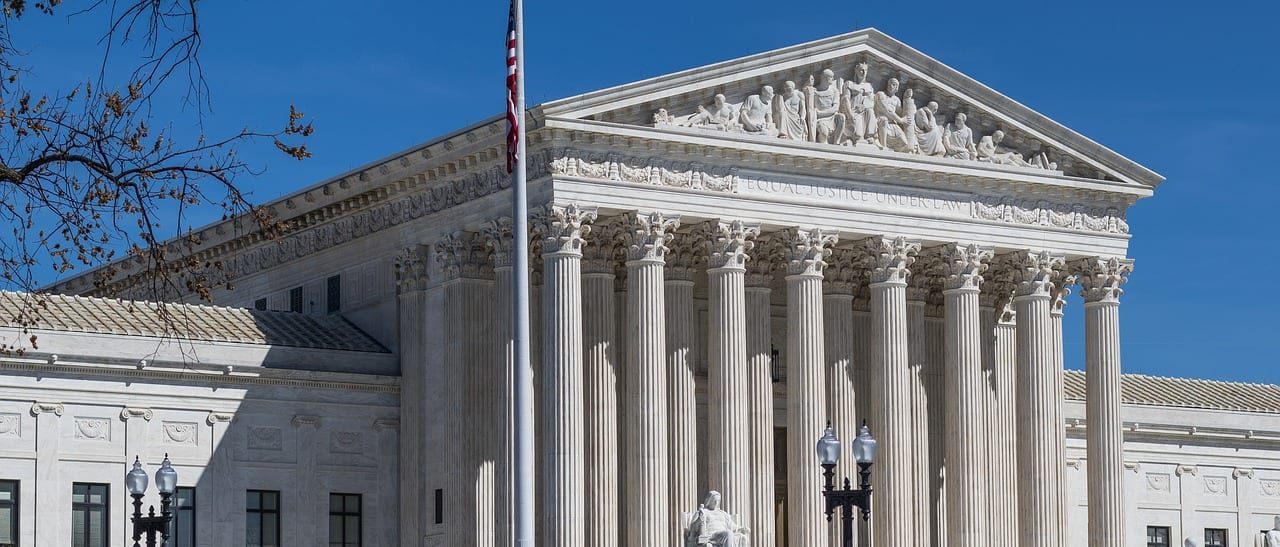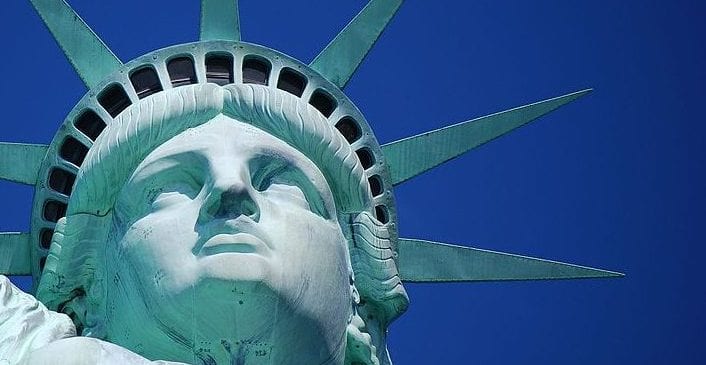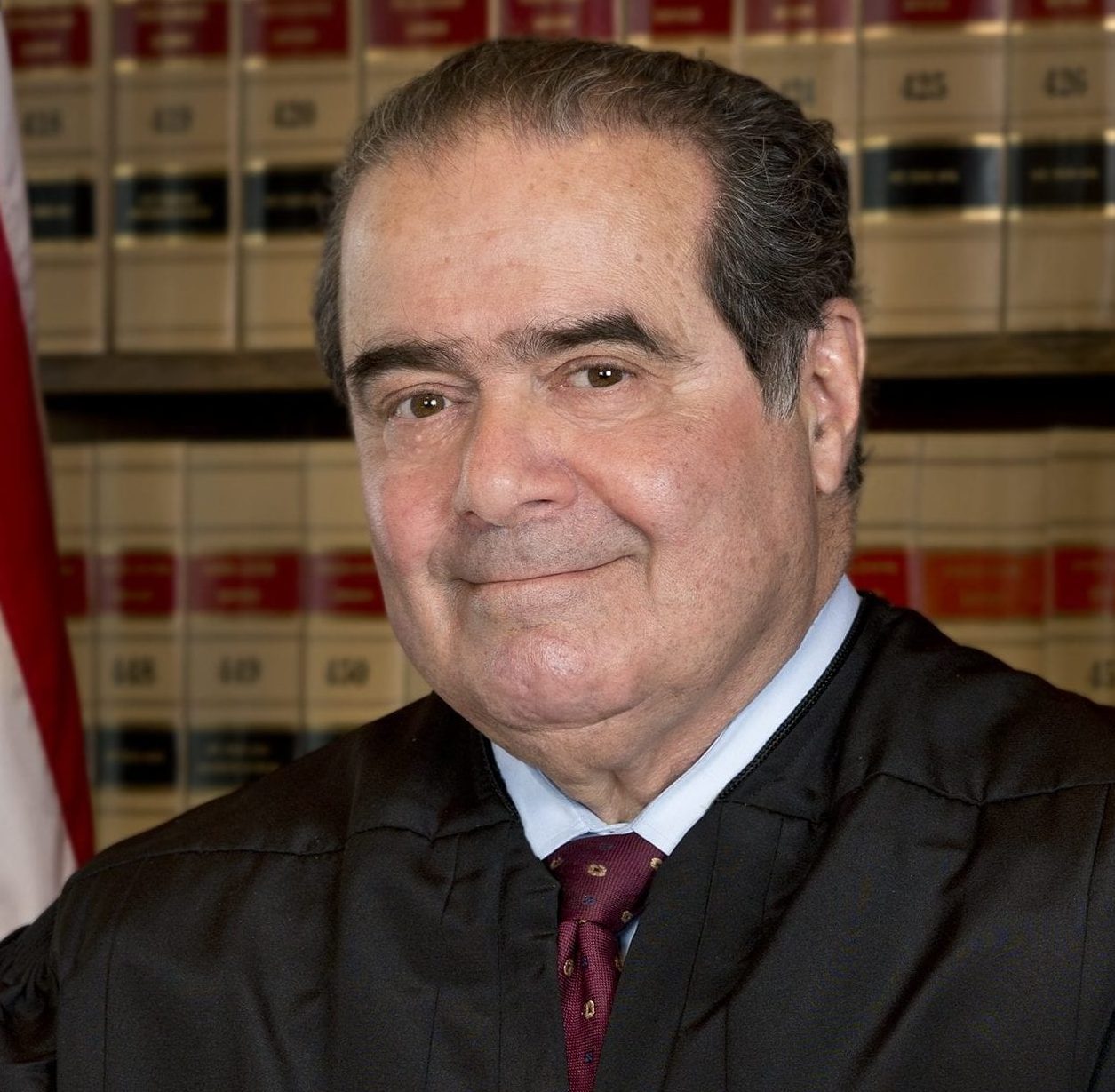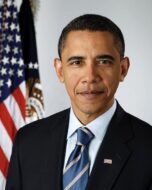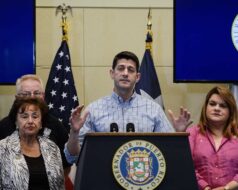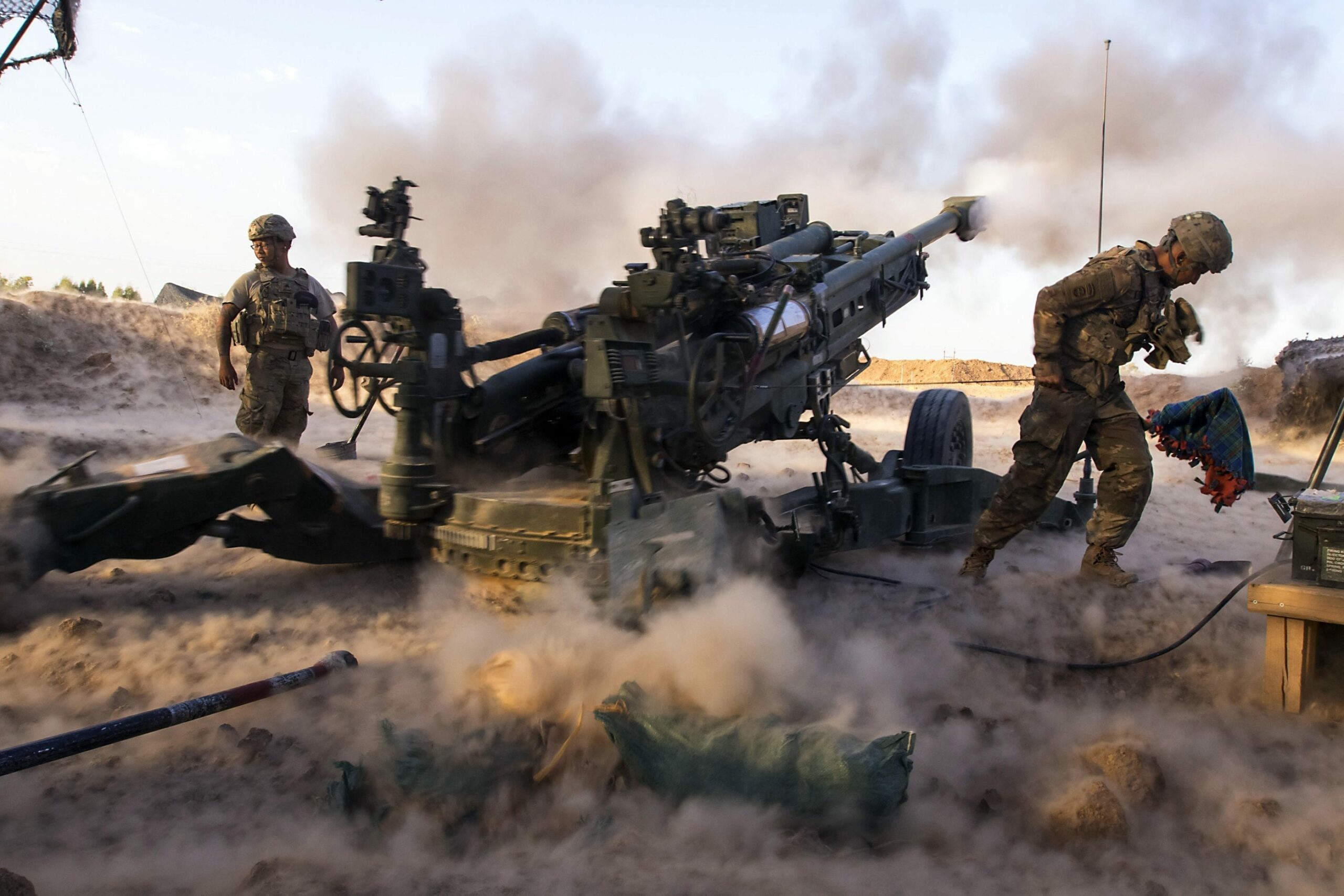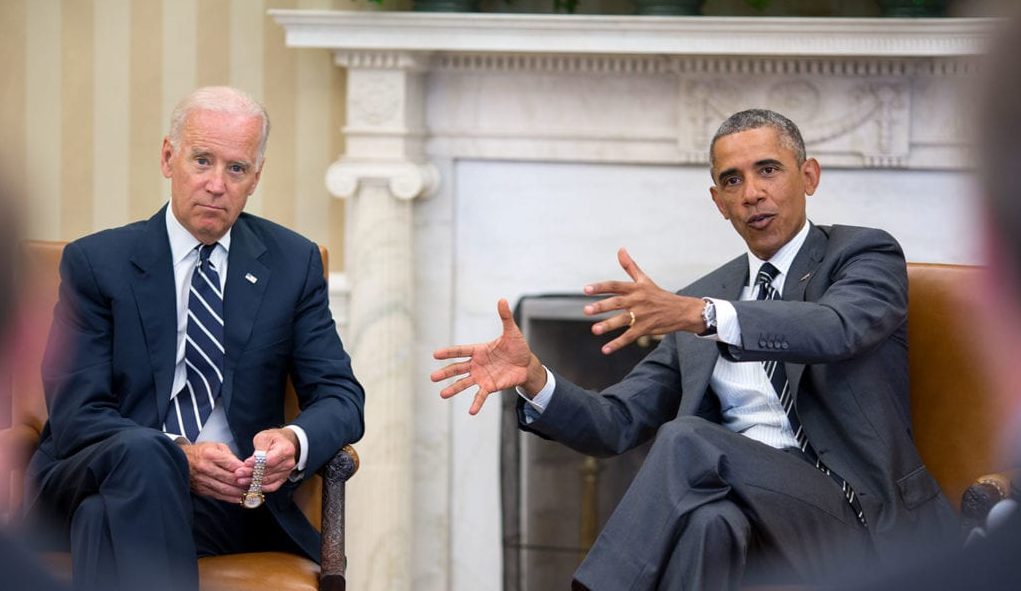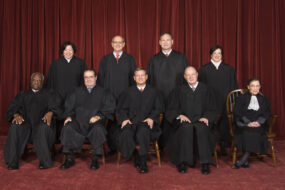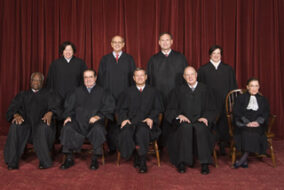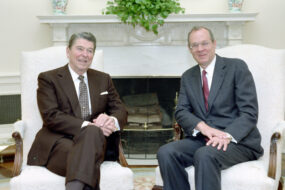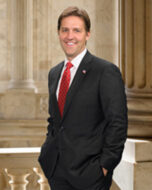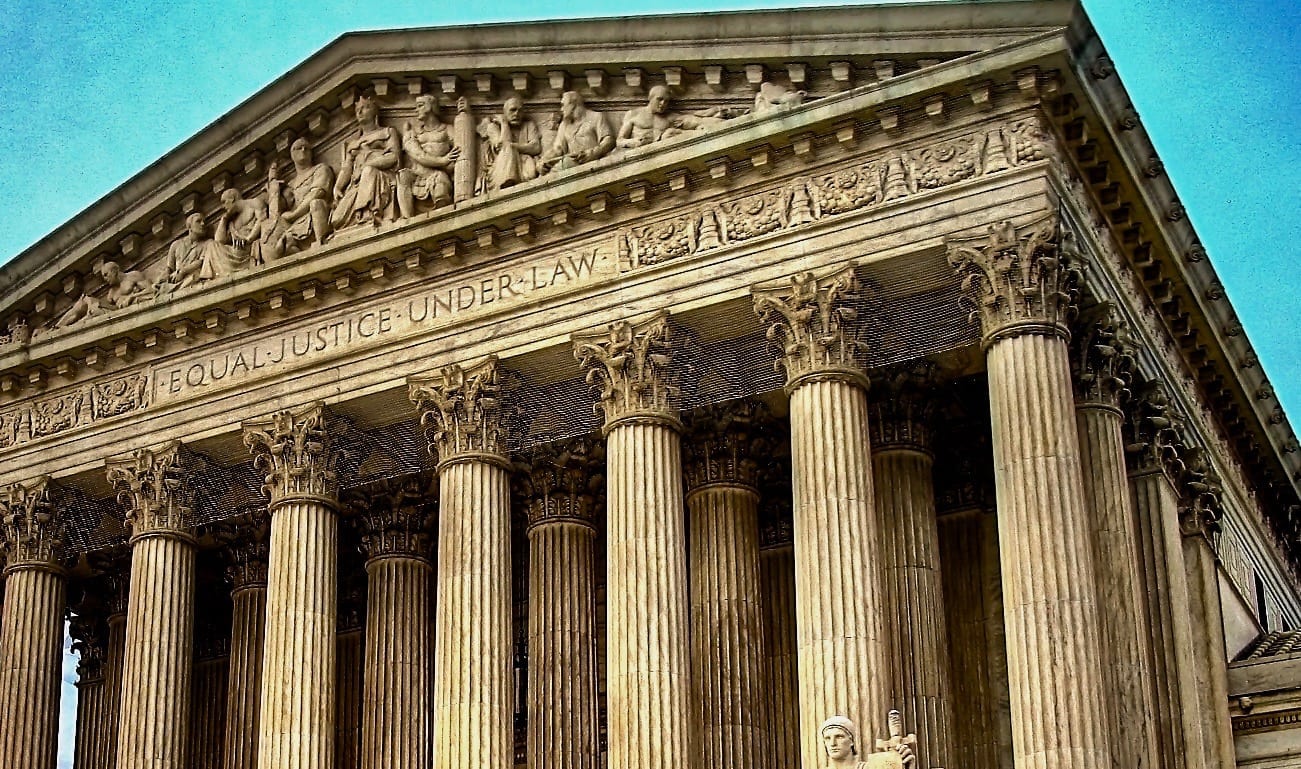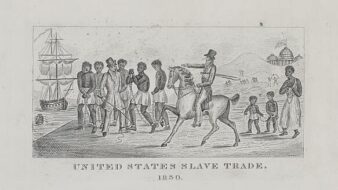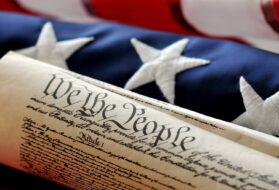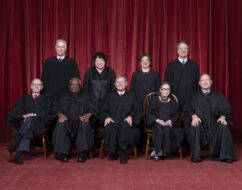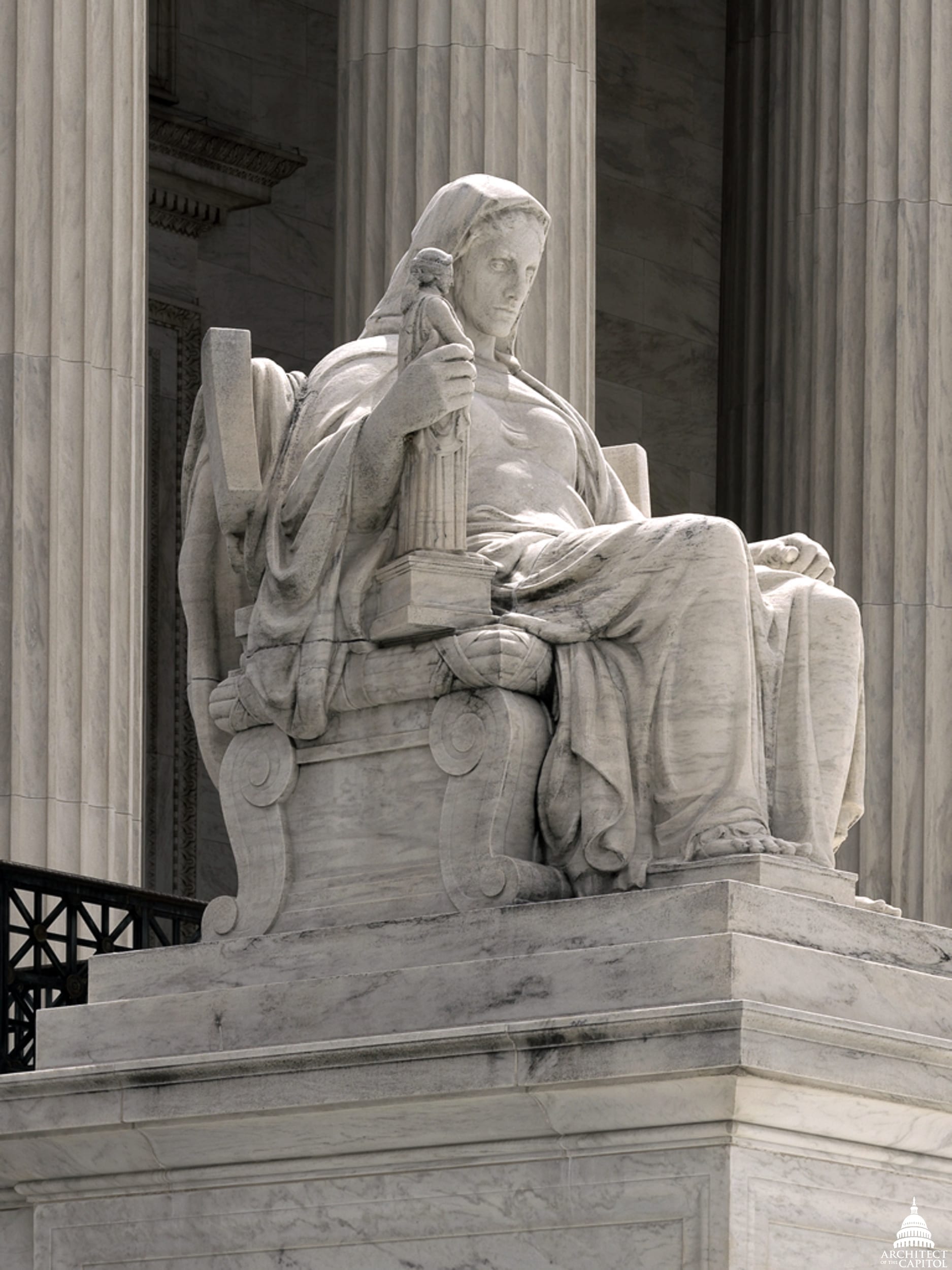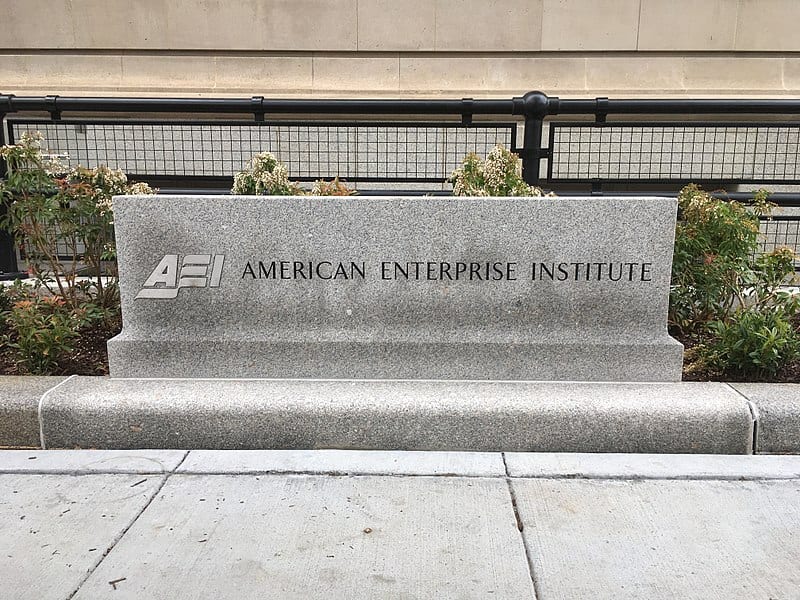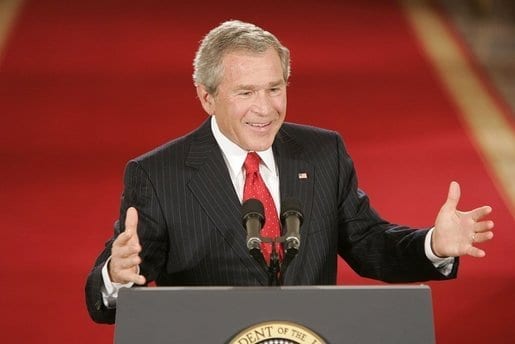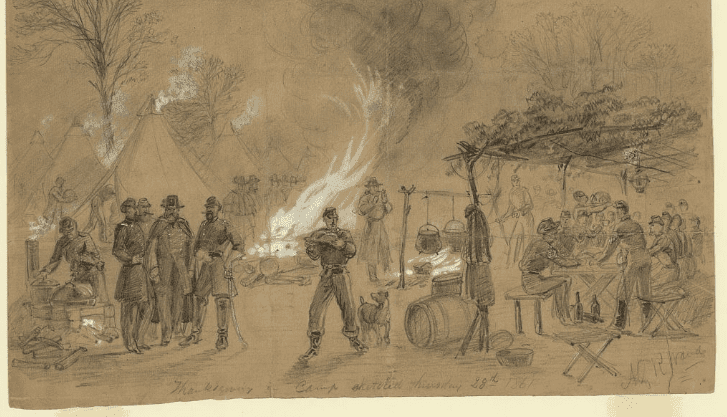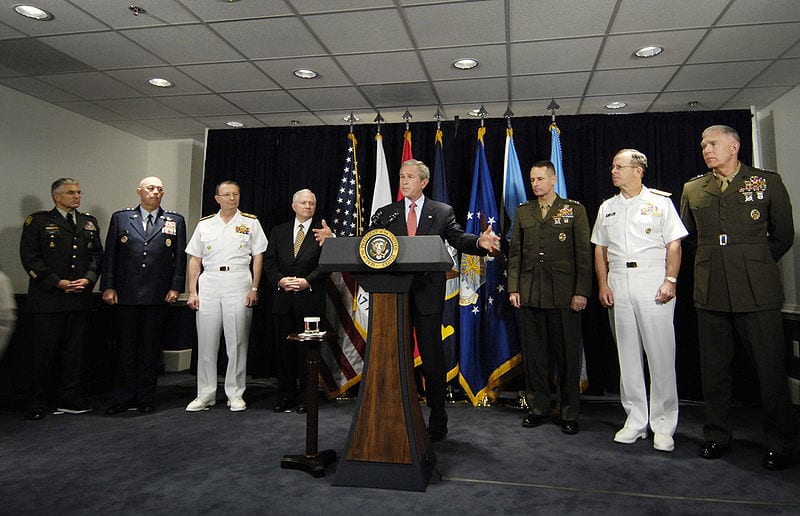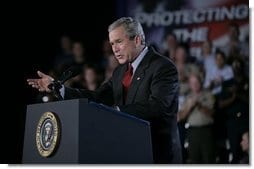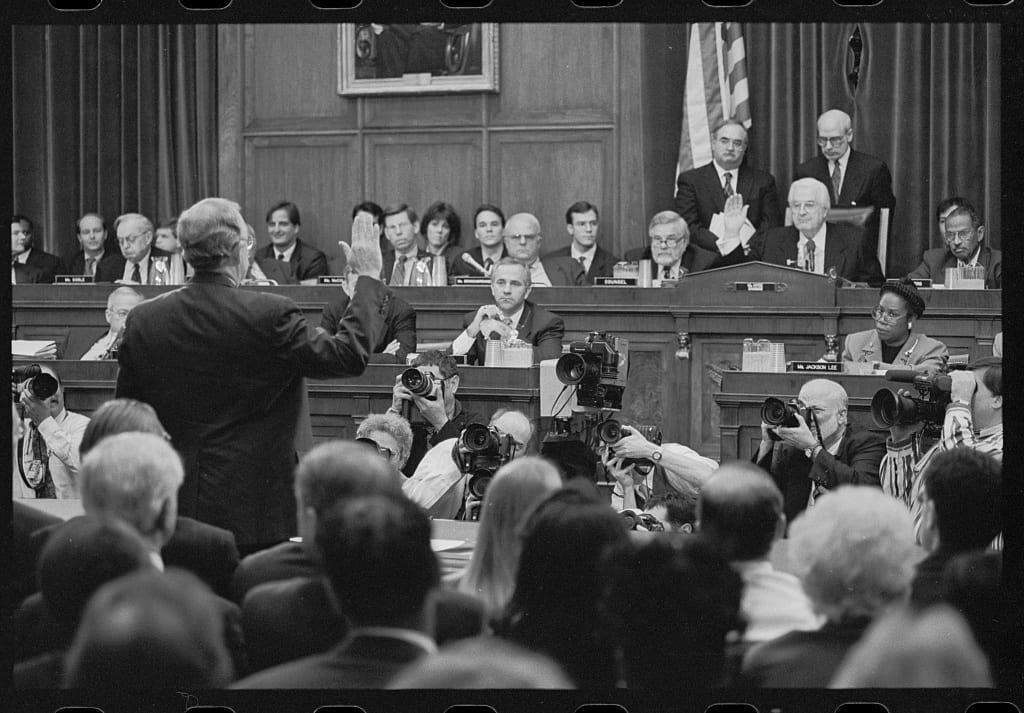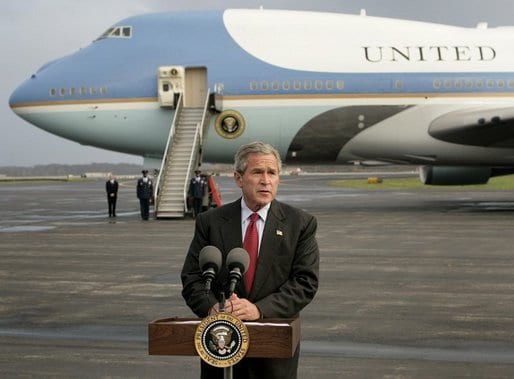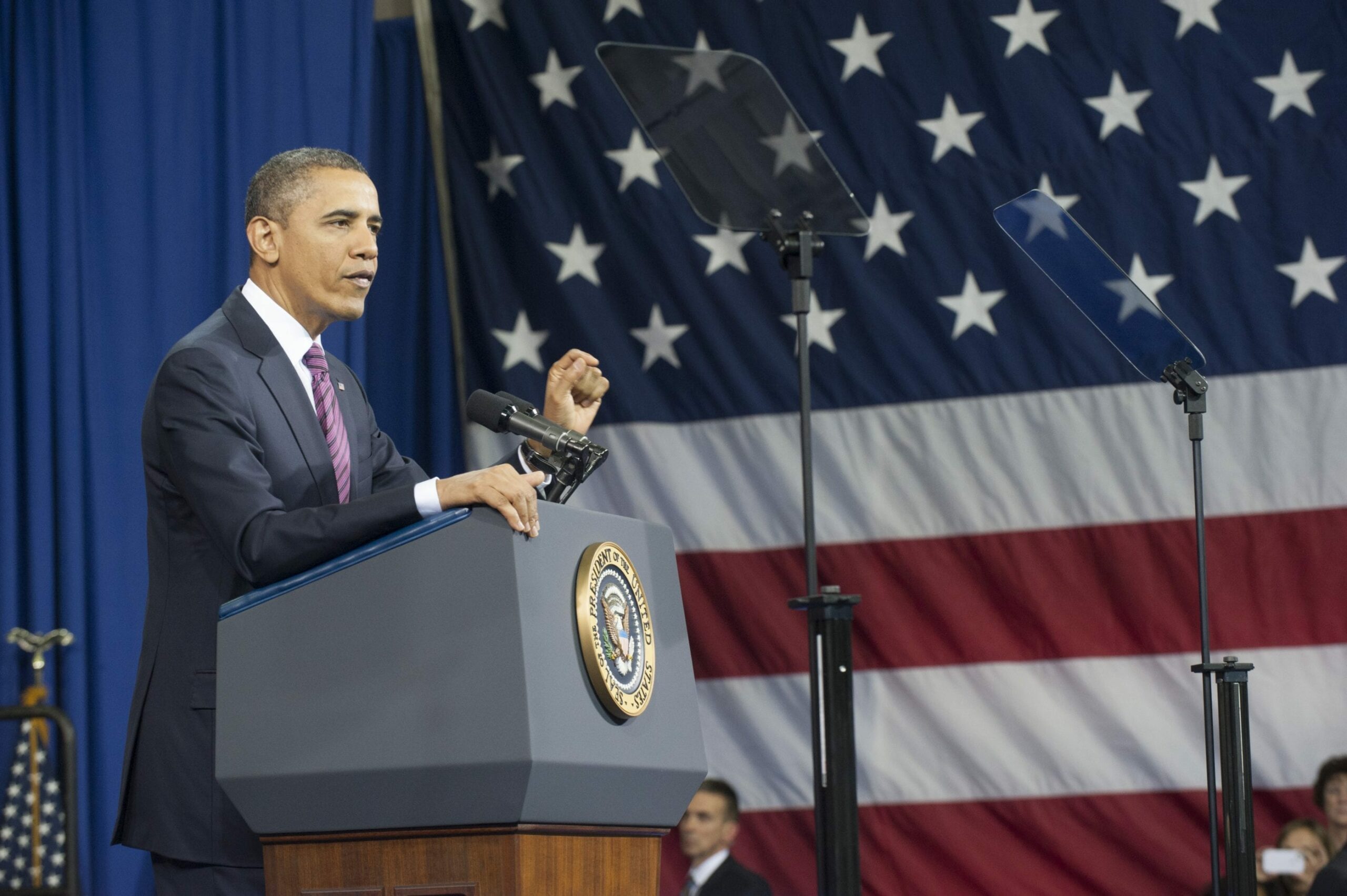

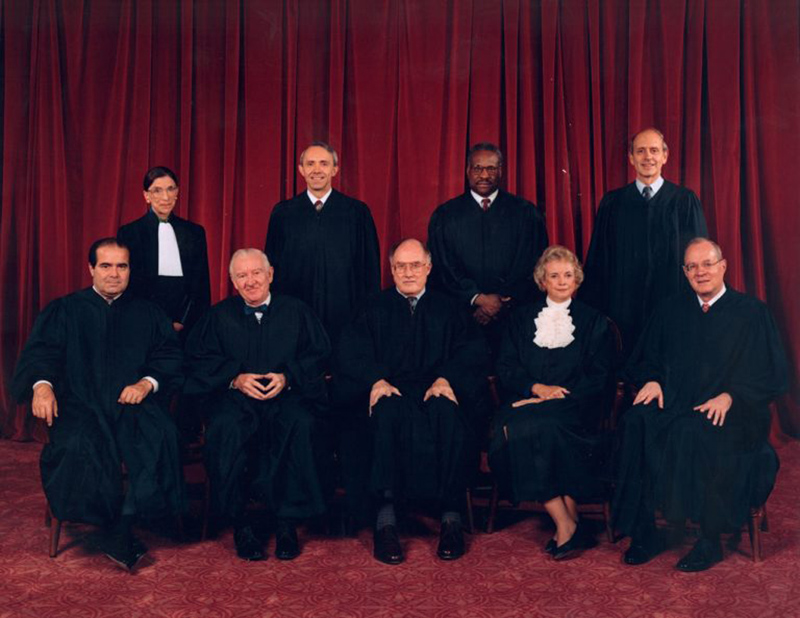
No related resources
Introduction
In the Gun-Free School Zones Act of 1990, Congress made it a federal offense “for any individual knowingly to possess a firearm at a place that the individual knows, or has reasonable cause to believe, is a school zone.” In 1992, Alfonso Lopez was arrested and charged under Texas law for carrying a concealed handgun to a high school in San Antonio, Texas. The next day, the state charges were dismissed after federal agents charged Lopez with violating the Gun-Free School Zones Act. Lopez was convicted but appealed to the US Fifth Circuit Court, arguing that Congress did not have the constitutional power to pass the Act. When the Circuit Court decided in favor of Lopez, the US appealed to the Supreme Court, which voted 5-4 in favor of Lopez on the ground that the Act exceeded Congress’s power under the interstate Commerce Clause of Article I, section 8 of the Constitution.
Lopez marked the first time in over fifty years that the Court struck down a significant federal law on the basis of the Commerce Clause. The decision reflected the change on the Court created by Chief Justice Rehnquist as well as justices appointed by Presidents Ronald Reagan and George H. W. Bush. Since 1995, Lopez has served as an important precedent for limiting Congress’s commerce power in major cases like US v. Morrison (2000) and NFIB v. Sebelius (2012), when a majority of the Court ruled that the individual insurance mandate of the Affordable Care Act exceeded Congress’s commerce power (although the Court upheld the mandate on other grounds).
Source: 514 U.S. 549 (1995); https://www.law.cornell.edu/supct/html/93-1260.ZO.html
Chief Justice REHNQUIST delivered the opinion of the Court, joined by Justices O’CONNOR, SCALIA, KENNEDY, and THOMAS.
. . . We start with first principles. The Constitution creates a Federal Government of enumerated powers. As James Madison wrote, “[t]he powers delegated by the proposed Constitution to the federal government are few and defined. Those which are to remain in the State governments are numerous and indefinite” (The Federalist No. 45). This constitutionally mandated division of authority “was adopted by the Framers to ensure protection of our fundamental liberties.” “Just as the separation and independence of the coordinate branches of the Federal Government serves to prevent the accumulation of excessive power in any one branch, a healthy balance of power between the States and the Federal Government will reduce the risk of tyranny and abuse from either front.”
The Constitution delegates to Congress the power “[t]o regulate Commerce with foreign Nations, and among the several States, and with the Indian Tribes.” . . .
In A. L. A. Schecter Poultry Corp. v. United States (1935), the Court struck down regulations that fixed the hours and wages of individuals employed by an intrastate business because the activity being regulated related to interstate commerce only indirectly. . . . Activities that affected interstate commerce directly were within Congress’ power; activities that affected interstate commerce indirectly were beyond Congress’ reach. The justification for this formal distinction was rooted in the fear that otherwise “there would be virtually no limit to the federal power and for all practical purposes we should have a completely centralized government.”
Two years later, in the watershed case of NLRB v. Jones & Laughlin Steel Corp the Court upheld the National Labor Relations Act against a Commerce Clause challenge, and in the process, departed from the distinction between “direct” and “indirect” effects on interstate commerce. . . . The Court held that intrastate activities that “have such a close and substantial relation to interstate commerce that their control is essential or appropriate to protect that commerce from burdens and obstructions” are within Congress’ power to regulate. . . .
Jones & Laughlin . . . ushered in an era of Commerce Clause jurisprudence that greatly expanded the previously defined authority of Congress under that Clause. In part, this was a recognition of the great changes that had occurred in the way business was carried on in this country. Enterprises that had once been local or at most regional in nature had become national in scope. But the doctrinal change also reflected a view that earlier Commerce Clause cases artificially had constrained the authority of Congress to regulate interstate commerce.
But even these modern-era precedents which have expanded congressional power under the Commerce Clause confirm that this power is subject to outer limits. In Jones & Laughlin Steel, the Court warned that the scope of the interstate commerce power “must be considered in the light of our dual system of government and may not be extended so as to embrace effects upon interstate commerce so indirect and remote that to embrace them, in view of our complex society, would effectually obliterate the distinction between what is national and what is local and create a completely centralized government.”. . .
Consistent with this structure, we have identified three broad categories of activity that Congress may regulate under its commerce power. First, Congress may regulate the use of the channels of interstate commerce. . . . Second, Congress is empowered to regulate and protect the instrumentalities of interstate commerce, or persons or things in interstate commerce, even though the threat may come only from intrastate activities. . . . Finally, Congress’ commerce authority includes the power to regulate those activities having a substantial relation to interstate commerce, those activities that substantially affect interstate commerce.
We now turn to consider the power of Congress, in the light of this framework, to enact [the Gun-Free School Zones Act]. . . . [I]f [the Act] is to be sustained, it must be under the third category as a regulation of an activity that substantially affects interstate commerce.
First, we have upheld a wide variety of congressional Acts regulating intrastate economic activity where we have concluded that the activity substantially affected interstate commerce. . . . [But the Act] is a criminal statute that by its terms has nothing to do with “commerce” or any sort of economic enterprise, however broadly one might define those terms. [The Act] is not an essential part of a larger regulation of economic activity, in which the regulatory scheme could be undercut unless the intrastate activity were regulated. . . .
The Government’s essential contention . . . is that we may determine here that [the Act] is valid because possession of a firearm in a local school zone does indeed substantially affect interstate commerce. The Government argues that possession of a firearm in a school zone may result in violent crime and that violent crime can be expected to affect the functioning of the national economy in two ways. First, the costs of violent crime are substantial, and, through the mechanism of insurance, those costs are spread throughout the population. Second, violent crime reduces the willingness of individuals to travel to areas within the country that are perceived to be unsafe. The Government also argues that the presence of guns in schools poses a substantial threat to the educational process by threatening the learning environment. A handicapped educational process, in turn, will result in a less productive citizenry. That, in turn, would have an adverse effect on the Nation’s economic well being. As a result, the Government argues that Congress could rationally have concluded that [possession of a handgun in school ] substantially affects interstate commerce.
We pause to consider the implications of the Government’s arguments. The Government admits, under its “costs of crime” reasoning, that Congress could regulate not only all violent crime, but all activities that might lead to violent crime, regardless of how tenuously they relate to interstate commerce. Similarly, under the Government’s “national productivity” reasoning, Congress could regulate any activity that it found was related to the economic productivity of individual citizens: family law (including marriage, divorce, and child custody), for example. Under the theories that the Government presents in support of [the Act], it is difficult to perceive any limitation on federal power, even in areas such as criminal law enforcement or education where States historically have been sovereign. Thus, if we were to accept the Government’s arguments, we are hard pressed to posit any activity by an individual that Congress is without power to regulate. . . .
In Jones & Laughlin Steel, we held that the question of congressional power under the Commerce Clause “is necessarily one of degree.” . . . These are not precise formulations, and in the nature of things they cannot be. But we think they point the way to a correct decision of this case. The possession of a gun in a local school zone is in no sense an economic activity that might, through repetition elsewhere, substantially affect any sort of interstate commerce. [Lopez] was a local student at a local school; there is no indication that he had recently moved in interstate commerce, and there is no requirement that his possession of the firearm have any concrete tie to interstate commerce.
To uphold the Government’s contentions here, we would have to pile inference upon inference in a manner that would bid fair to convert congressional authority under the Commerce Clause to a general police power of the sort retained by the States. Admittedly, some of our prior cases have taken long steps down that road, giving great deference to congressional action. The broad language in these opinions has suggested the possibility of additional expansion, but we decline here to proceed any further. To do so would require us to conclude that the Constitution’s enumeration of powers does not presuppose something not enumerated, and that there never will be a distinction between what is truly national and what is truly local, cf. Jones & Laughlin Steel. This we are unwilling to do.
For the foregoing reasons the judgment of the Court of Appeals is
Affirmed.
Justice THOMAS, concurring.
. . . At the time the original Constitution was ratified, “commerce” consisted of selling, buying, and bartering, as well as transporting for these purposes. . . .
As one would expect, the term “commerce” was used in contradistinction to productive activities such as manufacturing and agriculture. . . .
. . . Agriculture and manufacturing involve the production of goods; commerce encompasses traffic in such articles. . . .
The Constitution not only uses the word “commerce” in a narrower sense than our case law might suggest, it also does not support the proposition that Congress has authority over all activities that “substantially affect” interstate commerce. The Commerce Clause does not state that Congress may “regulate matters that substantially affect commerce with foreign Nations, and among the several States, and with the Indian Tribes.” . . . Clearly, the Framers could have drafted a Constitution that contained a “substantially affects interstate commerce” clause had that been their objective.
In addition to its powers under the Commerce Clause, Congress has the authority to enact such laws as are “necessary and proper” to carry into execution its power to regulate commerce among the several States. But on this Court’s understanding of congressional power under these two Clauses, many of Congress’ other enumerated powers under Article I, section 8 are wholly superfluous. After all, if Congress may regulate all matters that substantially affect commerce, there is no need for the Constitution to specify that Congress may enact bankruptcy laws, or coin money and fix the standard of weights and measures, or punish counterfeiters of United States coin and securities. Likewise, Congress would not need the separate authority to establish post-offices and post-roads, or to grant patents and copyrights, or to “punish Piracies and Felonies committed on the high Seas.” It might not even need the power to raise and support an Army and Navy, for fewer people would engage in commercial shipping if they thought that a foreign power could expropriate their property with ease. Indeed, if Congress could regulate matters that substantially affect interstate commerce, there would have been no need to specify that Congress can regulate international trade and commerce with the Indians. As the Framers surely understood, these other branches of trade substantially affect interstate commerce.
Put simply, much if not all of Article I, section 8 (including portions of the Commerce Clause itself) would be surplusage if Congress had been given authority over matters that substantially affect interstate commerce. An interpretation of clause 3 that makes the rest of section 8 superfluous simply cannot be correct. Yet this Court’s Commerce Clause jurisprudence has endorsed just such an interpretation: the power we have accorded Congress has swallowed Article I, section 8.
Indeed, if a “substantial effects” test can be appended to the Commerce Clause, why not to every other power of the Federal Government? There is no reason for singling out the Commerce Clause for special treatment. Accordingly, Congress could regulate all matters that “substantially affect” the Army and Navy, bankruptcies, tax collection, expenditures, and so on. In that case, the clauses of section 8 all mutually overlap, something we can assume the Founding Fathers never intended.
. . . Taken together, these fundamental textual problems should, at the very least, convince us that the “substantial effects” test should be reexamined. . . .
JUSTICE BREYER dissenting, joined by Justices STEVENS, SOUTER, and GINSBURG.
The issue in this case is whether the Commerce Clause authorizes Congress to enact a statute that makes it a crime to possess a gun in, or near, a school. In my view, the statute falls well within the scope of the commerce power as this Court has understood that power over the last half-century.
In reaching this conclusion, I apply three basic principles of Commerce Clause interpretation. First, the power to “regulate Commerce . . . among the several States” encompasses the power to regulate local activities insofar as they significantly affect interstate commerce. . . .
Second, in determining whether a local activity will likely have a significant effect upon interstate commerce, a court must consider, not the effect of an individual act (a single instance of gun possession), but rather the cumulative effect of all similar instances (i.e., the effect of all guns possessed in or near schools). . . .
Third, the Constitution requires us to judge the connection between a regulated activity and interstate commerce, not directly, but at one remove. Courts must give Congress a degree of leeway in determining the existence of a significant factual connection between the regulated activity and interstate commerce—both because the Constitution delegates the commerce power directly to Congress and because the determination requires an empirical judgment of a kind that a legislature is more likely than a court to make with accuracy. The traditional words “rational basis” capture this leeway. Thus, the specific question before us, as the Court recognizes, is not whether the “regulated activity sufficiently affected interstate commerce,” but, rather, whether Congress could have had “a rational basis” for so concluding.
Applying these principles to the case at hand, we must ask whether Congress could have had a rational basis for finding a significant (or substantial) connection between gun-related school violence and interstate commerce. . . . As long as one views the commerce connection, not as a “technical legal conception,” but as “a practical one,” the answer to this question must be yes. . .
For one thing, . . . the problem of guns in and around schools is widespread and extremely serious. . . . [F]or example, . . . four percent of American high school students (and six percent of inner city high school students) carry a gun to school at least occasionally. . . . And, [it is reported] that this widespread violence in schools throughout the Nation significantly interferes with the quality of education in those schools. . . . Based on reports such as these, Congress obviously could have thought that guns and learning are mutually exclusive. And, Congress could therefore have found a substantial educational problem—teachers unable to teach, students unable to learn—and concluded that guns near schools contribute substantially to the size and scope of that problem.
Having found that guns in schools significantly undermine the quality of education in our Nation’s classrooms, Congress could also have found, given the effect of education upon interstate and foreign commerce, that gun related violence in and around schools is a commercial, as well as a human, problem. Education, although far more than a matter of economics, has long been inextricably intertwined with the Nation’s economy. . . .
The economic links I have just sketched seem fairly obvious. . . . The only question, then, is whether the threat [posed by guns to education] is (to use the majority’s terminology) “substantial.” And, the evidence of (1) the extent of the gun related violence problem, (2) the extent of the resulting negative effect on classroom learning, and (3) the extent of the consequent negative commercial effects, when taken together, indicate a threat to trade and commerce that is “substantial.” At the very least, Congress could rationally have concluded that the links are “substantial.” . . .
To hold this statute constitutional is not to “obliterate” the “distinction of what is national and what is local”; nor is it to hold that the Commerce Clause permits the Federal Government to “regulate any activity that it found was related to the economic productivity of individual citizens,” to regulate “marriage, divorce, and child custody,” or to regulate any and all aspects of education. For one thing, this statute is aimed at curbing a particularly acute threat to the educational process—the possession (and use) of life threatening firearms in, or near, the classroom. The empirical evidence that I have discussed above unmistakably documents the special way in which guns and education are incompatible. . . . For another thing, the immediacy of the connection between education and the national economic well being is documented by scholars and accepted by society at large in a way and to a degree that may not hold true for other social institutions. It must surely be the rare case, then, that a statute strikes at conduct that (when considered in the abstract) seems so removed from commerce, but which (practically speaking) has so significant an impact upon commerce.
In sum, a holding that the particular statute before us falls within the commerce power would not expand the scope of that Clause. Rather, it simply would apply pre-existing law to changing economic circumstances. It would recognize that, in today’s economic world, gun related violence near the classroom makes a significant difference to our economic, as well as our social, well being. In accordance with well accepted precedent, such a holding would permit Congress “to act in terms of economic . . . realities,” would interpret the commerce power as “an affirmative power commensurate with the national needs,” and would acknowledge that the “commerce clause does not . . . render the nation powerless to defend itself against economic forces that Congress decrees inimical or destructive of the national economy” ( ). . . .
Respectfully, I dissent.
Adarand v. Pena Concurrence
June 12, 1995
Conversation-based seminars for collegial PD, one-day and multi-day seminars, graduate credit seminars (MA degree), online and in-person.

